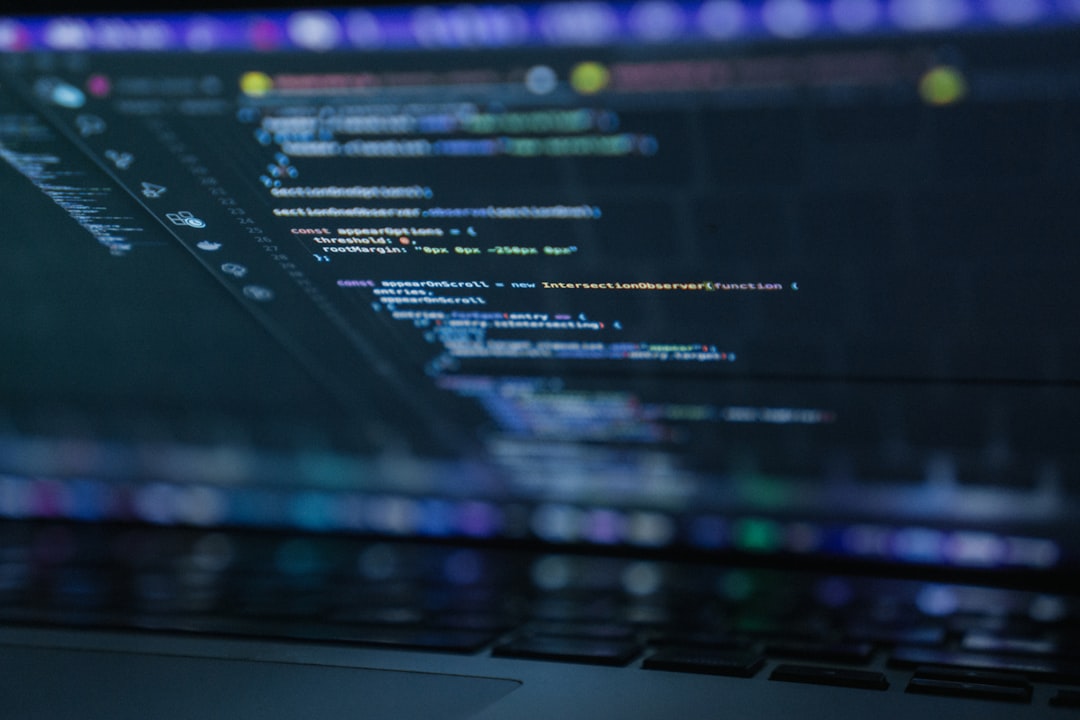No products in the cart.
Navigating AI in Software Testing: The Future of Quality Assurance
AI is reshaping the landscape of software testing, creating new roles for human testers. Explore the future of this evolving field.
San Francisco, USA — The Rise of AI in Software Testing
In the tech capital of the world, a quiet revolution is underway. Artificial intelligence (AI) is rapidly transforming software testing, a critical element of the software development lifecycle. As companies strive for faster releases and higher quality products, the role of AI in automating quality assurance (QA) processes is becoming increasingly prominent.
Software testing has traditionally relied on human testers to identify bugs and ensure functionality. However, the introduction of AI-powered test automation tools is changing the landscape. These tools can simulate user interactions, analyze code, and even predict potential issues, all at a speed and scale that human testers cannot match.

The Changing Landscape of Testing Careers
As AI takes on more testing responsibilities, the role of human testers is evolving. Rather than replacing testers, AI is augmenting their capabilities. This shift creates a demand for hybrid testers—professionals who can navigate both manual testing and automated processes.
According to a report by the World Economic Forum, the demand for skilled professionals in AI and machine learning is expected to grow by 40% by 2025[1]. This trend is mirrored in the software testing sector, where companies are looking for individuals who can design, implement, and manage AI-driven testing strategies.
According to a report by the World Economic Forum, the demand for skilled professionals in AI and machine learning is expected to grow by 40% by 2025[1].
Understanding Hybrid Roles
Hybrid testers must possess a unique blend of skills. They need a solid understanding of software development, proficiency in automation tools, and the analytical skills to interpret AI-generated data. This combination positions them as invaluable assets in modern development teams.
Moreover, as AI systems become more sophisticated, ethical considerations in testing will become paramount. Testers will need to ensure that AI algorithms are fair, transparent, and free from bias. This adds another layer of complexity to the role, necessitating ongoing education and adaptation.
Industry Perspectives
Leaders in the tech industry are optimistic about the integration of AI in testing. Satya Nadella, CEO of Microsoft, stated, “AI is the new electricity. It will transform every industry, including software development.” This sentiment is echoed by industry experts who believe that AI will not only enhance efficiency but also improve the overall quality of software products.
However, some caution against over-reliance on AI. Critics argue that while AI can handle repetitive tasks, it lacks the nuanced understanding of human testers. They emphasize the importance of human intuition and creativity in identifying complex issues that AI might overlook.
The Future of Education and Skills Development
As the demand for hybrid testers grows, educational institutions are adapting their curricula to prepare students for this new landscape. Many universities are now offering specialized programs in AI and software testing. Online platforms like Coursera and Udacity also provide courses focusing on AI in testing, making it easier for professionals to upskill.
Additionally, companies are investing in training programs for their existing employees. By fostering a culture of continuous learning, organizations can ensure that their workforce remains competitive and capable of leveraging AI effectively.
The Future of Education and Skills Development As the demand for hybrid testers grows, educational institutions are adapting their curricula to prepare students for this new landscape.
Looking Ahead: Opportunities and Challenges
The integration of AI into software testing presents both opportunities and challenges. On one hand, it promises greater efficiency and improved software quality. On the other hand, it raises questions about job displacement and the evolving nature of work in the tech industry.
For aspiring testers, this evolution offers a unique opportunity to carve out a niche in a rapidly changing field. Embracing AI as a tool rather than a threat will be crucial for success. Those who can adapt and acquire new skills will find themselves at the forefront of this transformation.
In a world where speed and quality are paramount, the future of software testing will likely be defined by collaboration between humans and machines. As AI continues to advance, the industry will demand professionals who can harness its power while maintaining the critical human touch that ensures software meets the needs of users.











